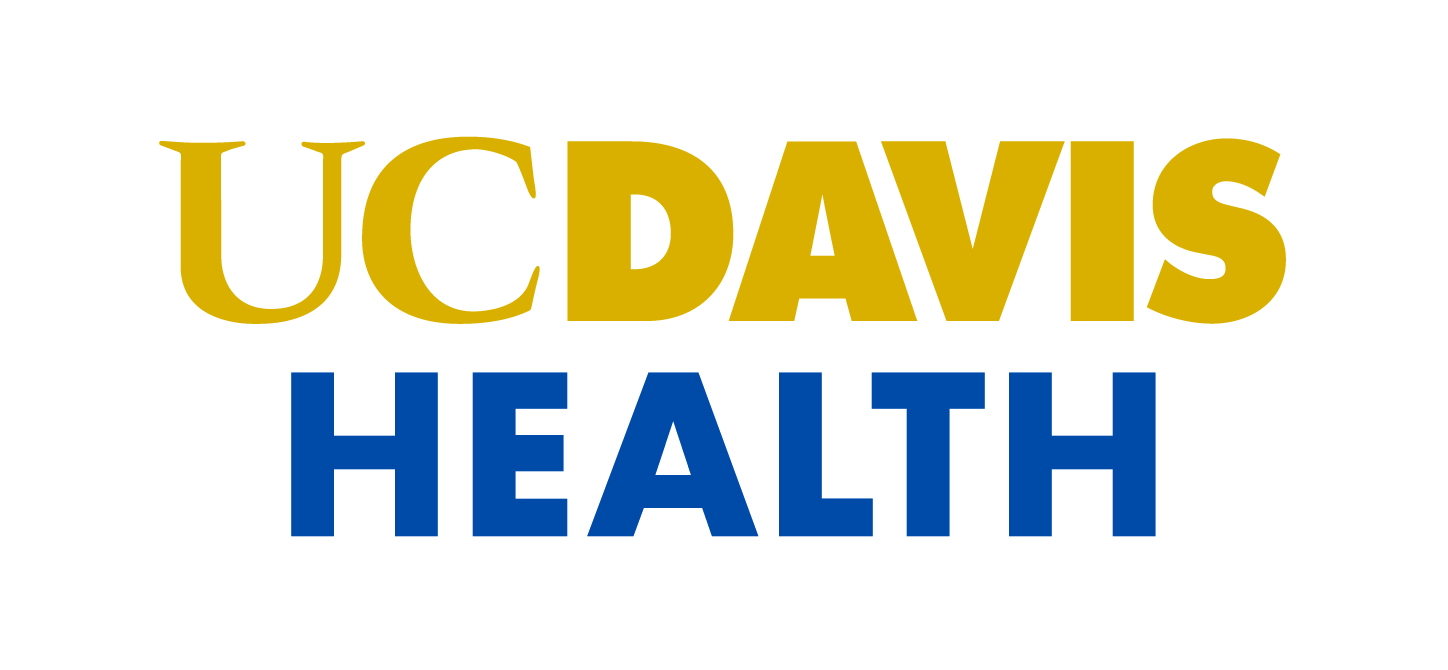Newswise — Colorectal cancer screening saves lives, but too few people get tested. In an effort to increase these numbers,researchers from UC Davis and elsewhere investigated whether an individualized interactive multimedia computer program (IMCP) would spur patients to get screened. Tailored to each patient’s knowledge, language (English or Spanish), and perceptions, this sophisticated intervention increased patients’ familiarity with their options and motivation for screening. However, the program generated only a modest increase in actual screening, one no greater than the increase resulting from a simple non-tailored “electronic leaflet.” The paper was published in the Annals of Family Medicine. “We felt this novel approach might increase screening rates,” said lead author Anthony Jerant, professor in the Department of Family and Community Medicine at UC Davis. “While it did have a significant impact on attitudes, those did not translate into a significant increase in testing.”
Compared to other preventive diagnostics, such as mammograms and prostate cancer screening (PSA) tests, colorectal screening rates are low. They are especially low among Latinos, who often face economic, language and other barriers. Previous research has shown that tailoring an educational program to each patient’s needs can make the information more relevant, spurring the patient to take action. For example, personalized techniques have helped people address depression. The researchers hoped the enhanced approach would motivate equal numbers of Latino and non-Latino participants to get screened, and help close the gap in screening rates among different ethnic groups.
To test this, the researchers enrolled 1,164 patients between the ages of 50 and 75 in Sacramento, California, Rochester and the Bronx, New York, Denver, Colorado, and San Antonio, Texas. Before a doctor’s visit, each test group participant received a questionnaire to determine their screening knowledge. They were queried on a number of issues that might affect their motivation, including perceived barriers, such as time and cost, confidence in their ability to be screened and any previous screening experiences.
The data from the questionnaires was then fed into the IMCP, which educated participants in Spanish or English (depending on the language they chose) based on their answers. The program provided tailored information about different screening methods, potential side effects and other deterrents, as well as information designed to motivate the patient. In most cases, the program recommended a specific test (colonoscopy, flexible sigmoidoscopy or fecal occult blood test) based on the information the patient had given.
The control group received basic, non-tailored screening information reformulated from the National Cancer Institute’s website, essentially an “electronic leaflet.” Both groups accessed the information via touchscreen notebook computers. Patients also were subdivided by ethnicity, language, income and other factors to ensure the two groups were well matched.
The researchers tracked the participants for one year to determine whether the interventions affected their screening choices. Despite the tailored program, screening increased relatively little. After a year, 22 percent of control patients had been screened compared to 23 percent of patients who accessed the IMCP.
A number of factors may have contributed to the results. The majority of study participants had low incomes, which may have been too great a barrier, despite increased knowledge and motivation. In addition, unlike some other tests, colorectal screening requires a sustained commitment. For example, a patient getting a colonoscopy must make a separate future appointment, give up a day of work, arrange for transportation and conduct onerous preparations.
“We’ve seen some evidence where interventions that address these barriers in a more systematic way have greater success rates,” noted Jerant. “That would be more of a case management approach. However, that can be both time-consuming and costly and may not be practical on a large scale. That’s why we tested a brief, purely patient-focused approach.”
Though the tailored approach did not increase colorectal cancer screening rates, Jerant and colleagues say the findings will help them focus on developing other ways to improve screening. Also, tailored programs could positively influence patient health in other areas.
“Tailored interventions still have tremendous promise, and have been shown to improve other health outcomes, such as initial treatment of depression,” said Jerant. “We just can’t assume they will work across the board. The emerging evidence is that they do not have a huge effect on colon cancer screening.”
Other researchers included: Peter Franks, Richard L. Kravitz, Daniel J. Tancredi, Sergio Aguilar-Gaxiola, Christina Slee, Simon Dvorak and Charles Turner and at UC Davis; Andrew Hudnut and Francisco Prieto at Sutter Medical Center; Nancy Sohler at The City College of New York; Kevin Fiscella at the University of Rochester; Raquel Lozano Romero at the University of Texas; Bennett Parnes at the University of Colorado.
This research was funded by the National Cancer Institute (R01CA131386) and the American Recovery and Reinvestment Act (CA13138602S1).
UC Davis Comprehensive Cancer CenterUC Davis Comprehensive Cancer Center is the only National Cancer Institute-designated center serving the Central Valley and inland Northern California, a region of more than 6 million people. Its specialists provide compassionate, comprehensive care for more than 10,000 adults and children every year, and access to more than 150 clinical trials at any given time. Its innovative research program engages more than 280 scientists at UC Davis, Lawrence Livermore National Laboratory and Jackson Laboratory (JAX West), whose scientific partnerships advance discovery of new tools to diagnose and treat cancer. Through the Cancer Care Network, UC Davis collaborates with a number of hospitals and clinical centers throughout the Central Valley and Northern California regions to offer the latest cancer care. Its community-based outreach and education programs address disparities in cancer outcomes across diverse populations. For more information, visit cancer.ucdavis.edu.
MEDIA CONTACT
Register for reporter access to contact detailsCITATIONS
American Recovery and Reinvestment Act (CA13138602S1); Annals of Family Medicine; National Cancer Institute (R01CA131386)
